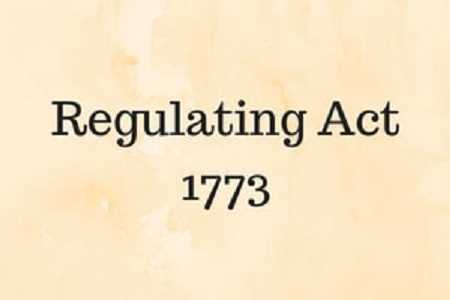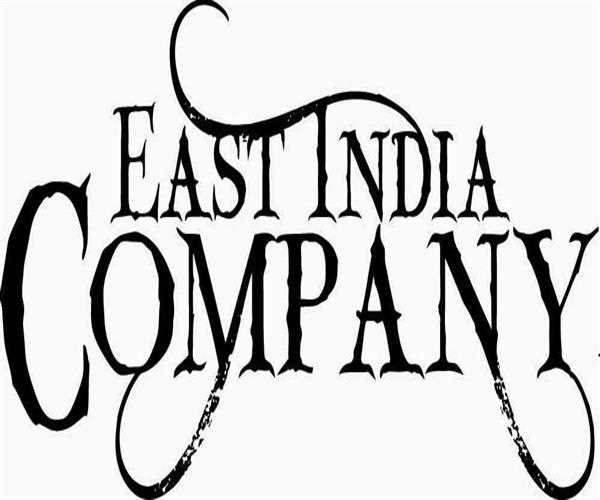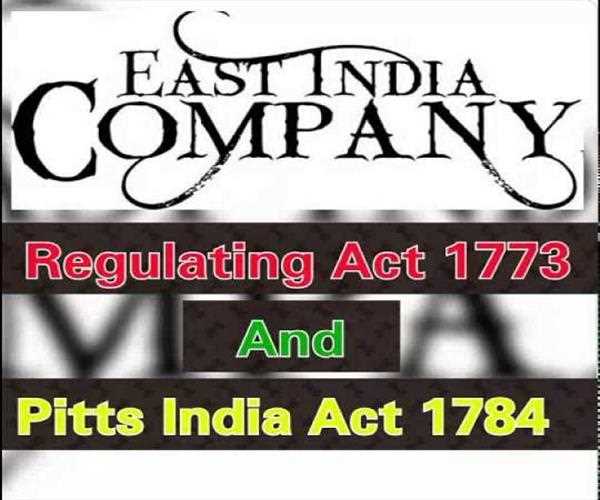
In the year 1773, the East India Company was struggling financially. The East India Company was struggling to survive and Lord North decided to overhaul the management of the East India Company. The Act of the Parliament of Great Britain known as the Regulating Act 1773 was chosen for this. With the Regulating Act of 1773 Lord North had decided to overhaul the management of the company. The East India Company was a monopoly trading company in India and due to this reason, the East India Company was important to the British Empire. Also, many influential people were stakeholders of the company. The Company even paid a sum equivalent to £ 46 million annually to the government to maintain the monopoly. But this effort went in vain due to the lack of commitments and loss of tea sales to the United States. The Regulating Act of 1773 did not prove to be fruitful and subsequently, Pitt’s India Act was enacted in 1784.

The East India Company (EIC) was founded on 31st December 1600 by John Watts. The headquarters of the British East India Company was at London, United Kingdom. The company was formed to trade with the East Indies (present-day Maritime Southeast Asia) but the trading took place with Qing China (the last imperial dynasty of China). The commodities for which the company traded are cotton, silk, indigo dye, salt, spices, saltpetre, tea and opium. The company seized control of the Indian subcontinent and set up the British Empire in India. However, during the first century of operation of the company, the focus of the company was not to establish an empire in India but to trade. After the decline of the Mughal Empire in India, the company shifted its focus to establishing its territory in the Indian subcontinent. After being nationalized in 1858 the company was dissolved.
